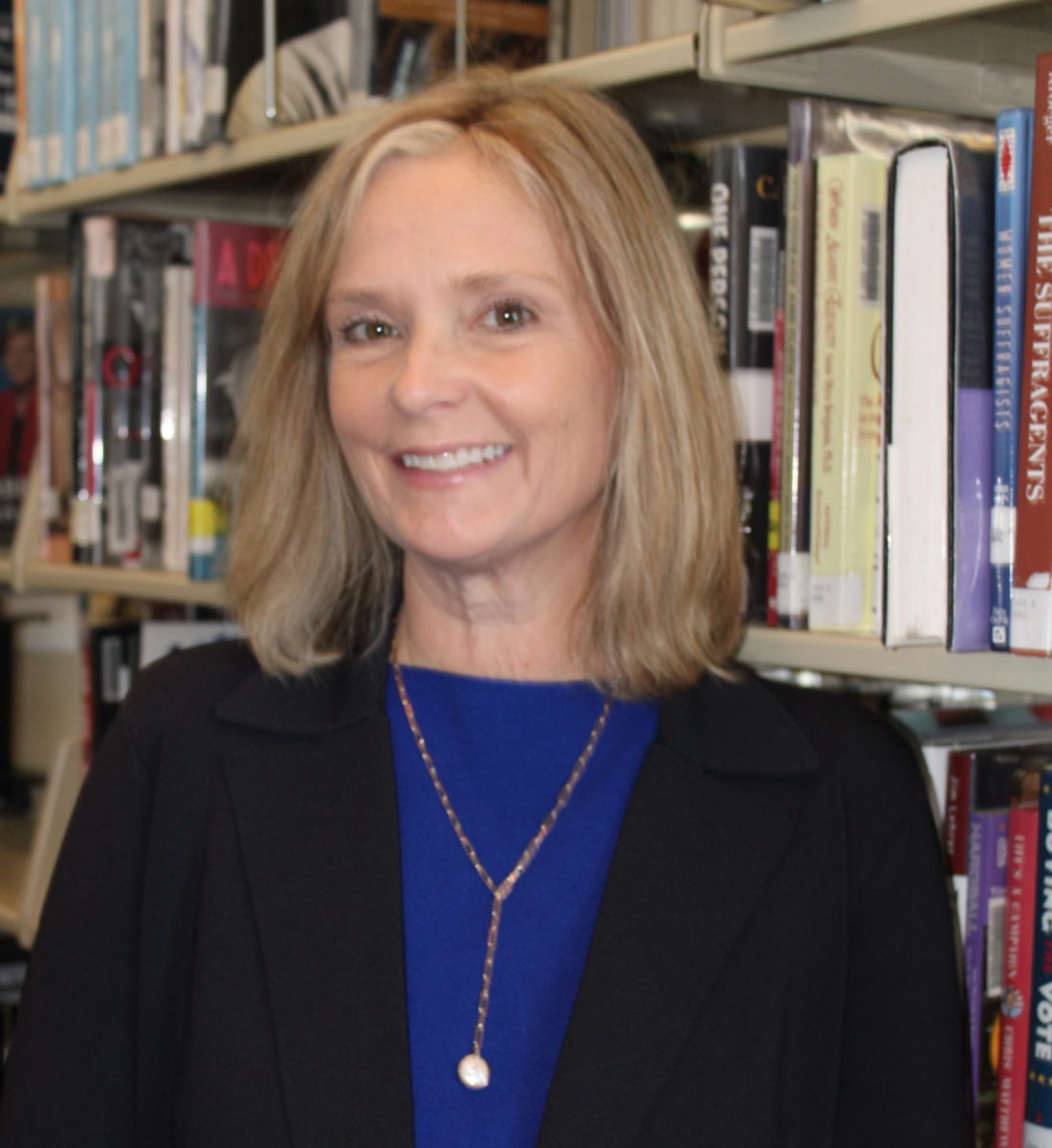Opinion: We can’t let learning loss worsened by COVID deepen opportunity gaps for Philly students
 August 4, 2021
Category: Featured, Purpose, Short
August 4, 2021
Category: Featured, Purpose, Short
Disclosures
This guest column was written by Kathy Jacoby, the executive director of Horizons Greater Philadelphia.In a normal year, it is typical for students to experience “summer slide” and not retain some of the key lessons that they are taught in any given grade level.
But with the pandemic shifting so many students online, these problems have multiplied, and learning loss this year is expected to be worse than ever. This past school year, so many students struggled to keep focused, with the distraction of being at home and juggling the technical difficulties that remote learning presents.
According to a recent report from McKinsey & Company, “Our analysis shows that the impact of the pandemic on K–12 student learning was significant, leaving students on average five months behind in mathematics and four months behind in reading by the end of the school year.”
The pandemic widened preexisting opportunity and achievement gaps, hitting historically disadvantaged students hardest. In addition, the crisis had an impact on not just academics but also the broader health and well-being of students, with more than 35 % of parents very or extremely concerned about their children’s mental health.
In Philadelphia with high levels of child poverty, our student population is academically hindered by the effects of poverty, and COVID has made these effects even worse.
My time at Horizons Greater Philadelphia has been dedicated to changing that, and closing these opportunity gaps across the region.
Focusing on the development of strong academic, social, and emotional skills, we work with students from underserved communities across Philadelphia, providing out-of-school-time support for students building their academic foundations in kindergarten through eighth grade. On average, Horizons students advance two to three months in reading and math skills each summer, have higher school-year attendance, and are more likely to graduate from high school.
This year especially, after a year out of classrooms and away from the traditional school environment, our area sites saw that students need a chance to recover both academically and emotionally from all that they have lost.
Interaction with peers, opportunities to connect with others and have fun is necessary to support healthy development in young people. Students in our Horizons classrooms this summer are working on skills to help them re-acclimate to classrooms and are also receiving academic and social emotional learning support.
Many students, teachers and parents are hoping for full classrooms, lively school buildings and regular school schedules this upcoming fall.
But we cannot forget some of the historic challenges the pandemic left our children in the past school year. It is important to ease that transition, and ensure that the most vulnerable students from our region have access to high-quality out-of-school-time learning opportunities to help them make up for losses from the pandemic.
Trending News










